Table of Contents
Hosting a website in China is an essential step for businesses looking to tap into one of the world’s largest online markets. With over a billion internet users and a rapidly growing e-commerce sector, China presents immense opportunities for international brands. However, the process of hosting a website in China requires careful planning, compliance with local regulations, and a clear understanding of the market’s digital ecosystem.
By focusing on proper website hosting, using tools like Baidu China, and adapting your site to meet local preferences, you can create a powerful digital presence that supports your business goals. This guide will walk you through the essential steps to hosting your website in China, while also highlighting opportunities for integrating with Chinese eCommerce platforms and using China search engines to your advantage.
Why Hosting Your Website in China Matters
Hosting your website in China is about having an online presence and delivering a fast, reliable, and culturally tailored experience to your audience. China’s Great Firewall regulates the flow of internet traffic and favors websites hosted locally over those hosted abroad. This means that websites hosted outside of China often load slower, face accessibility issues, or get blocked entirely.
By hosting your website within China:
- Improved Website Performance: Websites hosted locally load up to four times faster than those hosted internationally.
- Better Search Engine Visibility: Hosting locally can increase your ranking on Baidu, the leading China search engine.
- Compliance with Regulations: Local hosting ensures your business adheres to China’s strict digital laws, reducing the risk of censorship or bans.
Steps to Host a Website in China
Hosting a website in China involves several critical steps that ensure your website operates effectively, complies with local regulations, and resonates with the target audience. Below is a detailed breakdown of these steps:
Register a Chinese Domain Name
Registering a domain with a Chinese extension, such as .cn, is one of the first steps toward localizing your website for the Chinese market. A .cn domain not only improves your search engine ranking in China but also signifies credibility and trustworthiness among local consumers.
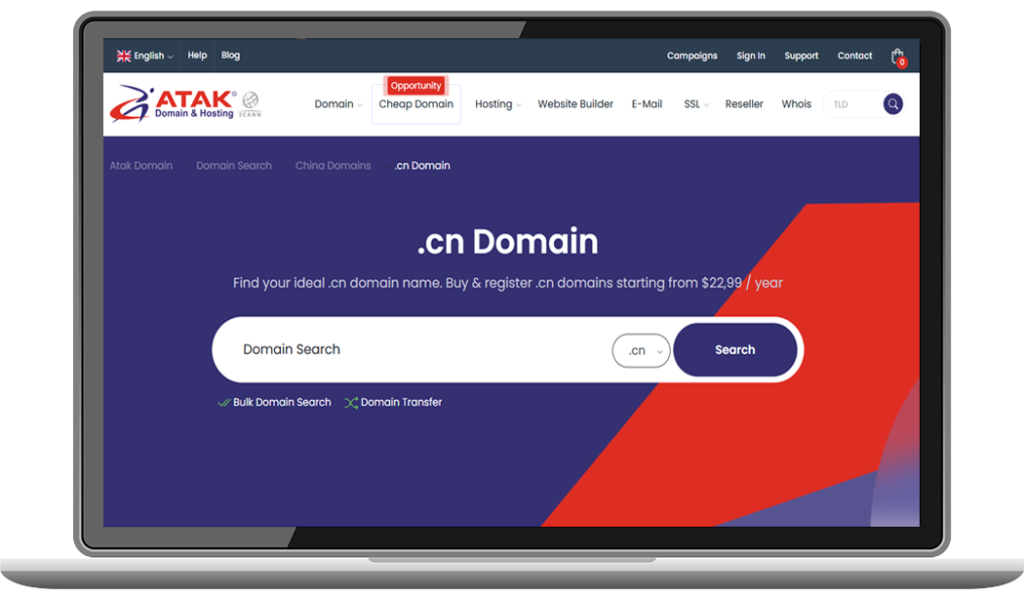
How to Register a .cn Domain
- Choose an Accredited Registrar: Partner with a domain registrar authorized by the Chinese Ministry of Industry and Information Technology (MIIT). Some of the top options include Alibaba Cloud, Tencent Cloud, and Huawei Cloud.
- Real Name Validation: The Chinese government mandates a Real Name Validation process, requiring individuals or businesses to submit identification documents.
– For Individuals: Submit a government-issued ID card or passport.
– For Businesses: Provide a valid business license and related documents in Chinese. - Secure Additional Variants: To protect your brand, consider registering similar domain variations and extensions, such as .com.cn or .net.cn.
Choose a Local Hosting Provider
After securing your domain name, the next step is to select a hosting provider with servers based in Mainland China. A local hosting provider ensures compliance with Chinese internet regulations and delivers optimal performance for users within the country.
Factors to Consider When Choosing a Hosting Provider
- Server Location: Confirm that the servers are physically located in Mainland China to ensure fast load times and compliance.
- Scalability and Resources: Choose a hosting plan that aligns with your website’s traffic demands, storage needs, and potential growth.
- Security Measures: Ensure the provider has robust security protocols, such as firewalls and DDoS protection, to safeguard your website.
- Customer Support: Look for providers offering 24/7 technical support in both English and Chinese.
Top Hosting Providers in China
- Alibaba Cloud: Known for scalable solutions and integration with other Alibaba services, such as its ecommerce China tools.
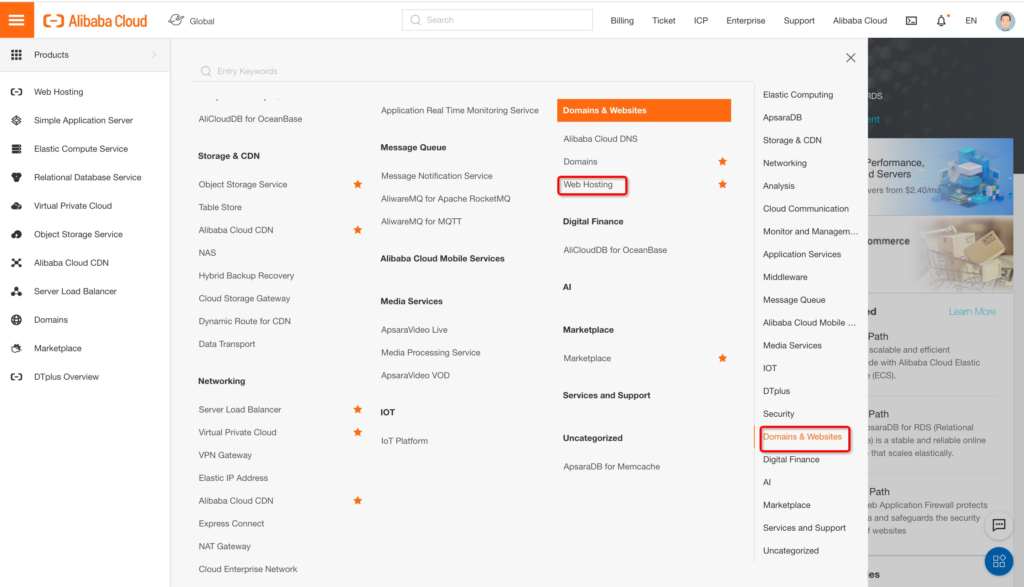
- Tencent Cloud: Known for its robust infrastructure and services tailored to international businesses.
- China Telecom: Ideal for businesses needing comprehensive support and additional telecommunications services.
Apply for an Internet Content Provider (ICP) License
The ICP license is a legal requirement for all websites hosted in China. Without this license, your website cannot be hosted within the country and may be blocked by the Great Firewall.
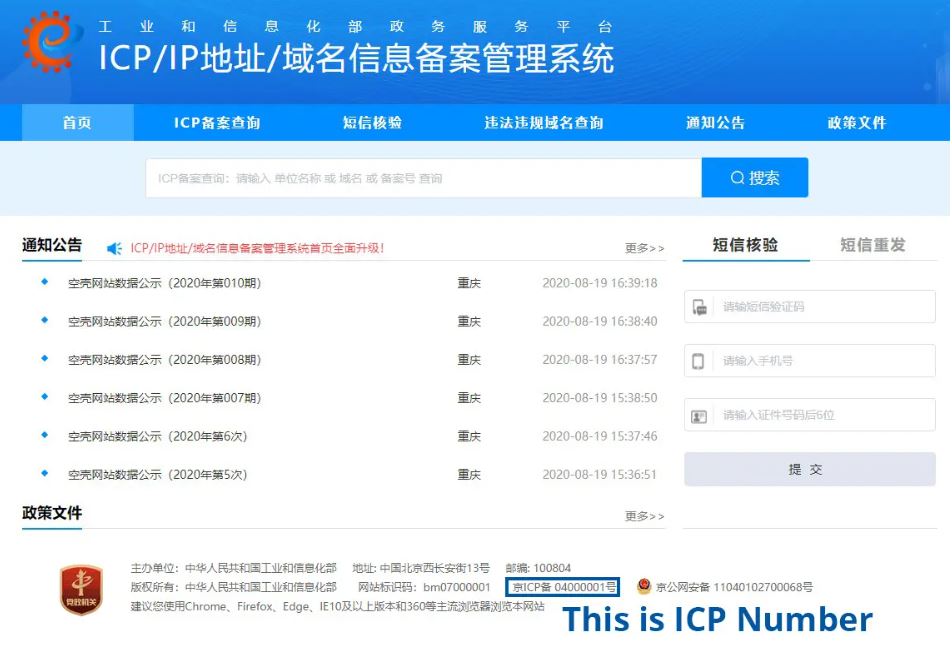
Types of ICP Licenses
- ICP Filing (Beian): For non-commercial websites, such as informational or blog sites.
- Commercial ICP License: Required for e-commerce websites, online advertising, or any site generating revenue directly.
How to Obtain an ICP License
- Establish a Legal Entity in China: Only businesses registered in China can apply for an ICP license. Foreign companies need to set up a representative office, joint venture, or wholly foreign-owned enterprise (WFOE).
- Submit Required Documents: The application requires documents such as:
– Business license (translated into Chinese).
– Identification documents of the legal representative.
– Website hosting agreement with a local provider. - ICP Application Process:
– Complete the application forms provided by your hosting provider.
– Submit the documents to MIIT for review.
– Once approved, you’ll receive an ICP license number, which must be displayed on your website’s footer. - Processing Time: The approval process can take 20–30 business days, depending on the completeness of the application.
Set Up Your Website on a Local Server
Once your ICP license is approved, you can proceed to configure your website on a local server.
How to Set Up Your Website
- Migrate Your Website: If your website is already hosted outside China, transfer all files and databases to the new local hosting environment.
- Optimize for Local Compliance: Adapt your website to meet Chinese internet regulations, including:
– Removing non-compliant features like Google Analytics or Google Fonts, which are often blocked in China.
– Ensuring content adheres to censorship guidelines by avoiding sensitive topics. - Integrate a Content Delivery Network (CDN): Use a China-based CDN to ensure faster load times for users across the country.
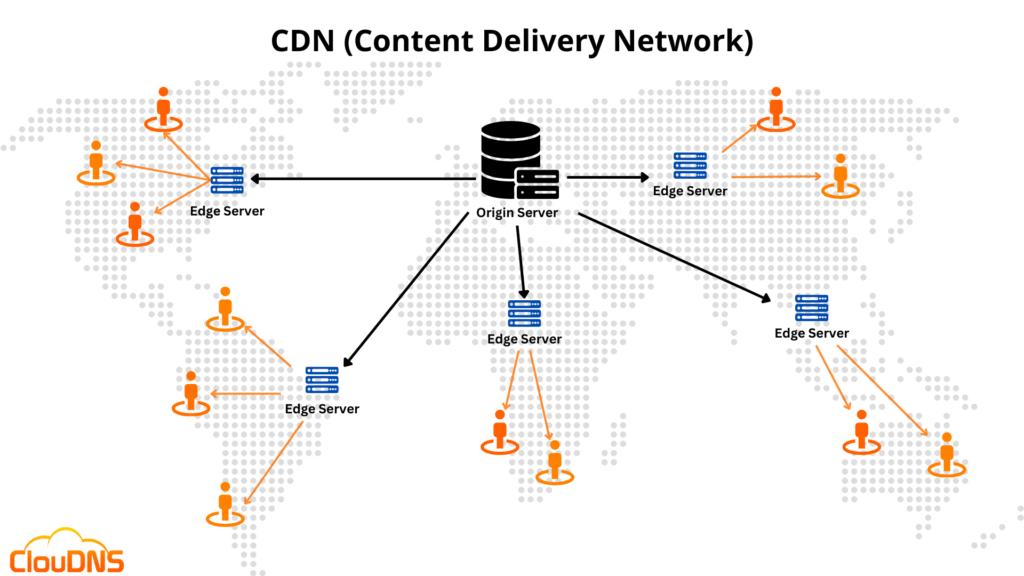
- Pro Tip: Partner with local web development agencies or consultants to navigate technical and compliance challenges efficiently.
Implement Website Localization
Localization ensures your website is culturally and linguistically aligned with Chinese users. This step is critical for improving user engagement and boosting conversions.
Key Localization Elements
- Language: Use simplified Chinese for all content.
- Design: Incorporate culturally relevant images, colors, and symbols. For example, red is often associated with prosperity in Chinese culture.
- Formatting: Adjust date formats, measurements, and currencies to Chinese standards.
- Mobile Optimization: Given the prevalence of mobile internet use in China, ensure your website is responsive and user-friendly on smartphones.
Conduct Testing and Compliance Checks
Before launching your website, conduct thorough testing to ensure it functions seamlessly and complies with all Chinese regulations. Partnering with a web agency in China or a digital marketing agency in China can streamline this critical step.
Checklist for Testing
- Loading Speed: Verify that your website loads within 2 seconds to meet the expectations of Chinese users.
- Cross-Browser Compatibility: Test your website on popular Chinese browsers like UC Browser and QQ Browser.
- Content Compliance: Double-check all content to ensure it adheres to local censorship rules.
Tools for Testing
- Chinalytics: A web analytics tool designed specifically for websites operating within China.
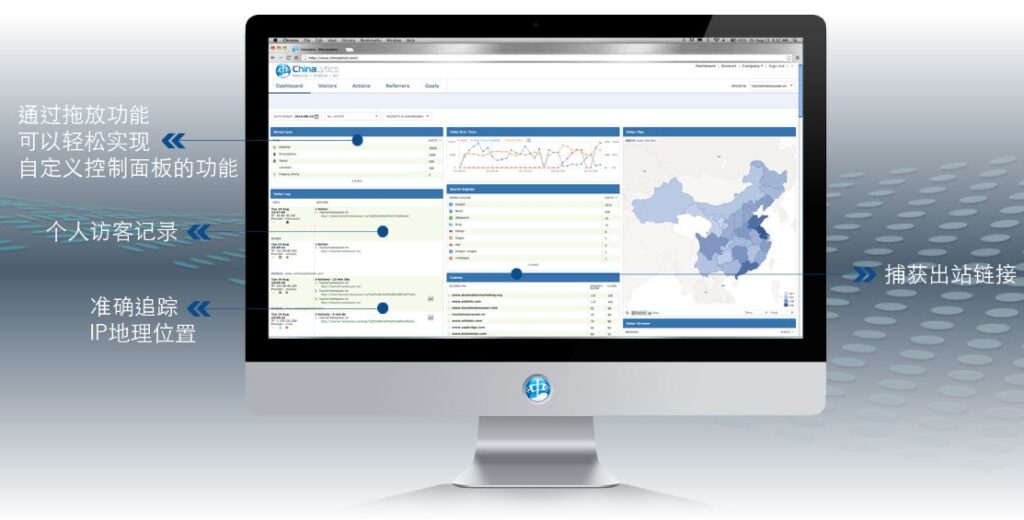
- Baidu Webmaster Tools: Monitor your website’s performance on Baidu China, the country’s leading search engine. Use this tool to identify and resolve technical issues that could impact your search rankings.
Launch and Promote Your Website
Once your website is live, it’s time to focus on marketing and driving traffic.
Strategies for Promotion
- Search Engine Optimization (SEO): Optimize your website for Baidu and other China search engines by incorporating localized keywords and acquiring backlinks from credible Chinese websites. A digital agency in China can help you refine your SEO strategy to improve visibility and drive organic traffic.
- Social Media Marketing: Platforms like WeChat, Weibo, and Douyin are essential for engaging with your audience. Share localized content, run targeted campaigns, and link your website to your social media profiles. A social media agency in China can create tailored campaigns that resonate with local users.
- Influencer Collaborations: Partner with China influencers, also known as Key Opinion Leaders (KOLs), to build credibility and drive traffic to your website. Influencers can connect your brand to specific demographics, enhancing trust and visibility
- Integration with E-Commerce Platforms: Link your website to popular Chinese e-commerce platforms like Tmall and JD.com. These platforms offer extensive reach and enable seamless cross-channel marketing opportunities.
Maintain and Update Your Website
Operating a website in China requires ongoing maintenance to remain competitive and compliant.
Regular Maintenance Tasks
- Monitor website performance and analytics using tools like Chinalytics.
- Stay updated on changes to Chinese internet regulations and adapt your website accordingly.
- Refresh your content regularly to align with trends and maintain user engagement.
Benefits of Hosting Your Website in China
Faster Load Times
Speed is a major factor in user experience and search engine rankings. Websites hosted within China’s Great Firewall load significantly faster, ensuring you meet the expectations of Chinese consumers.
Enhanced Visibility on Chinese Search Engines
Hosting your website locally improves its chances of ranking higher on China search engines like Baidu. This increases organic traffic and helps your brand reach a broader audience.
Lower Risk of Censorship
Websites hosted abroad face higher risks of being blocked or restricted by the Great Firewall. Hosting locally ensures compliance with Chinese regulations, minimizing these risks.
Access to Advanced Analytics
Google Analytics may not function reliably in China. Instead, consider using local tools like Chinalytics for accurate performance insights, click tracking, and heat mapping.
Challenges to Consider
Regulatory Complexity
The process of obtaining an ICP license and complying with China’s digital laws can be time-consuming and challenging, especially for businesses unfamiliar with the regulations.
Initial Costs
Setting up local hosting, securing an ICP license, and optimizing your website for the Chinese market can be expensive. However, the long-term advantages typically justify the initial expense.
Ongoing Maintenance
The Chinese digital setting is constantly changing. Businesses need to stay updated on regulatory changes, market trends, and technological advancements to maintain compliance and competitiveness. Collaborating with a media buying agency in China or a web agency in China ensures that your website remains relevant and effective.
Conclusion
Hosting your website in China is an essential step for businesses looking to succeed in this vast and fast-paced market. By following the necessary steps—registering a Chinese domain, securing an ICP license, and optimizing your site for Baidu—you can build a competitive and compliant online presence.
Integrating with Chinese eCommerce platforms and promoting your website through tools like Douyin eCommerce and China search engines further enhances your brand’s visibility and engagement.
With the right strategy, your business can unlock the full potential of China’s digital scene and thrive in one of the world’s most dynamic markets.

